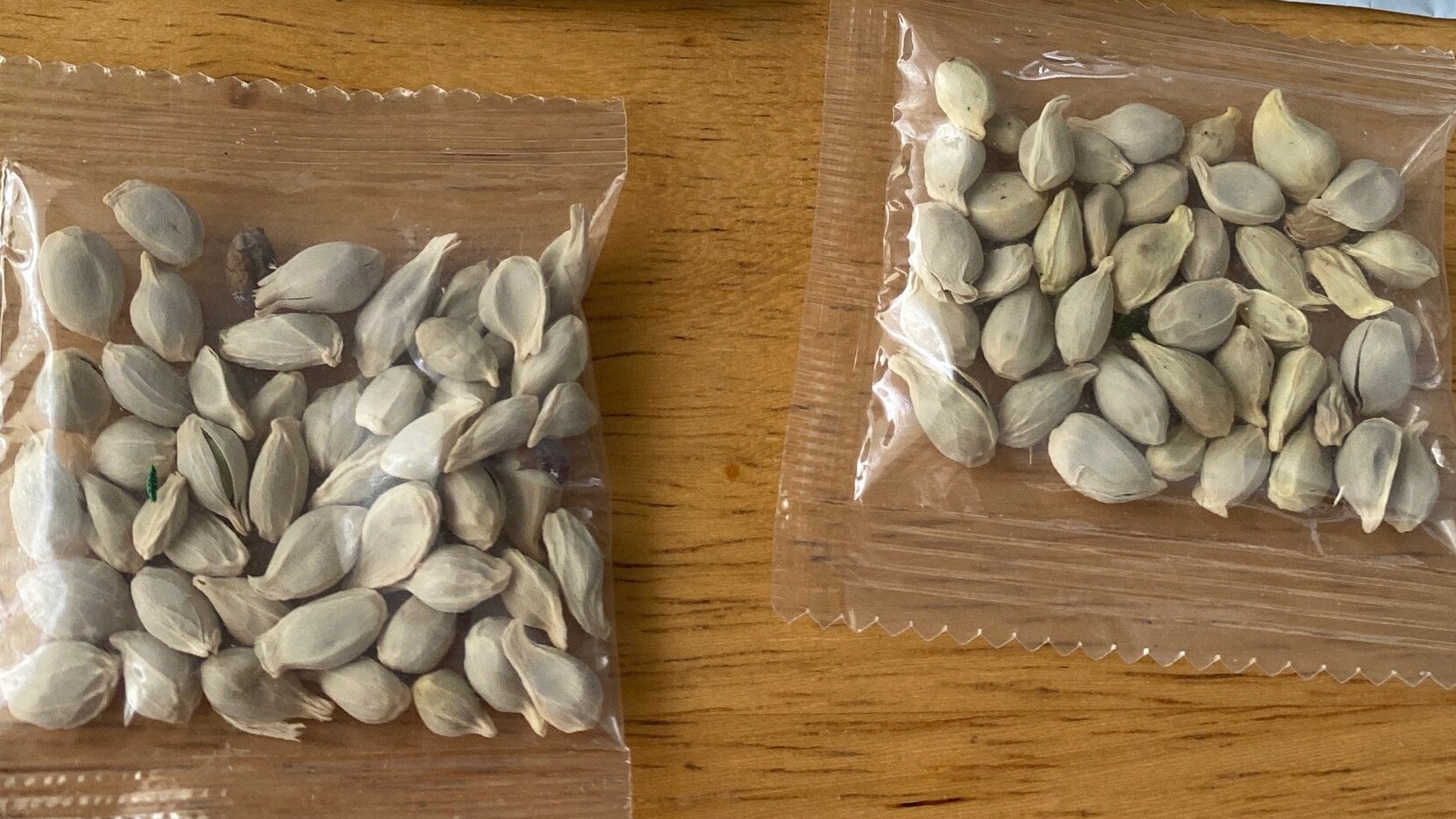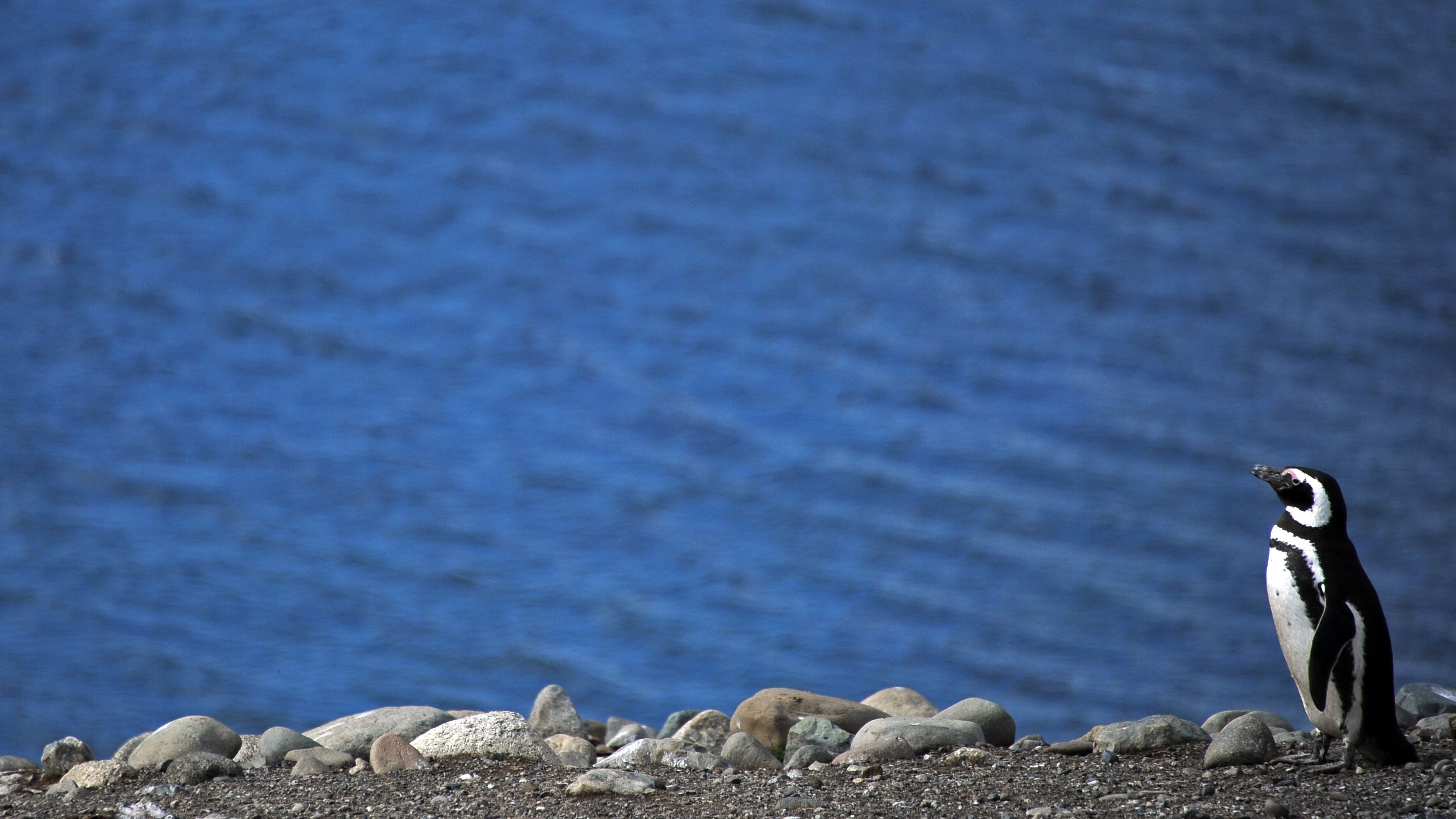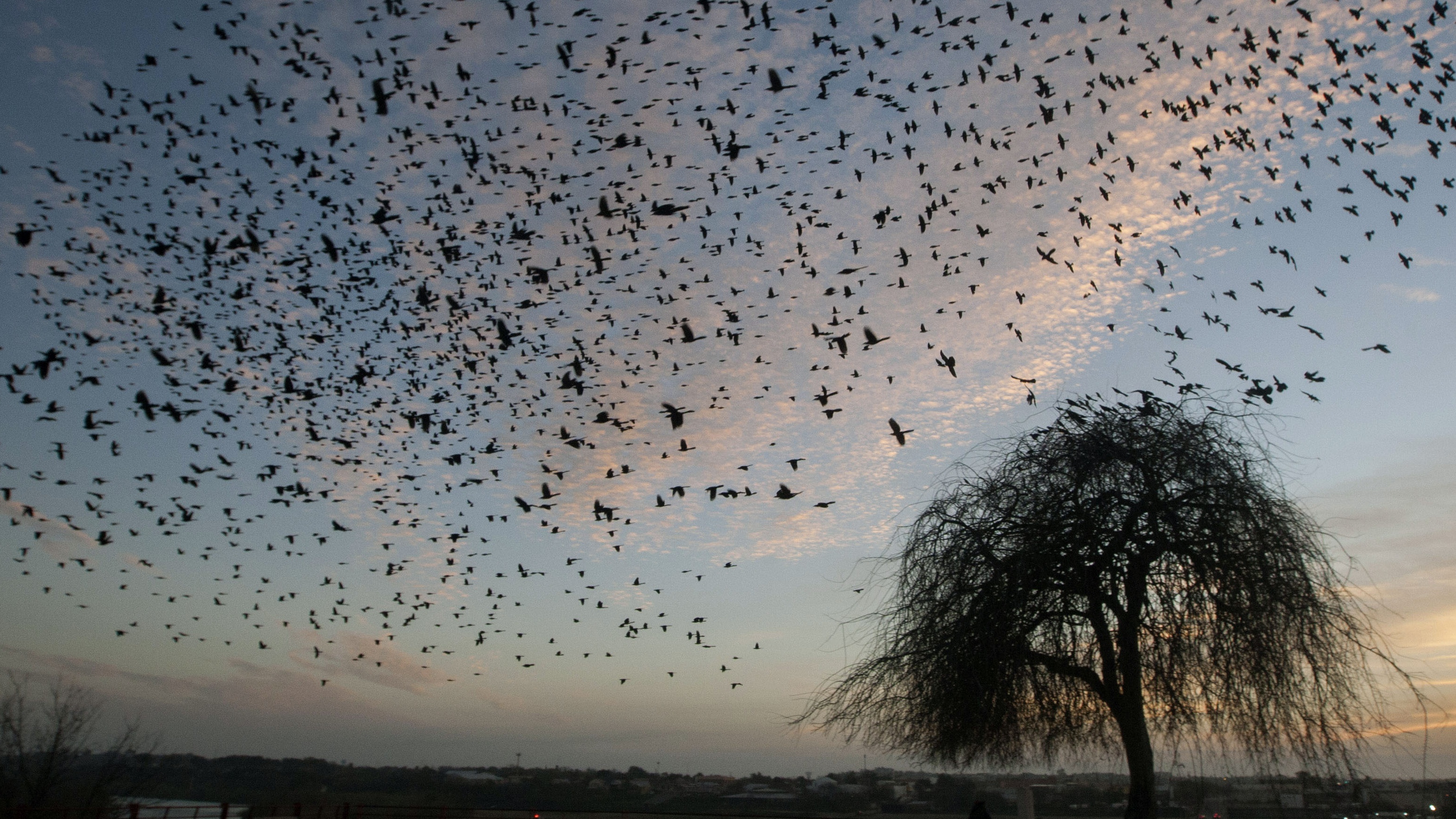Americans warned not to plant mystery seeds being sent to homes nationwide from China
Officials say the unsolicited packages have been mailed to residents in at least 27 US states

A free daily email with the biggest news stories of the day – and the best features from TheWeek.com
You are now subscribed
Your newsletter sign-up was successful
The US authorities are warning against planting mysterious seeds that have been arriving in the mail at homes in 27 states.
Members of the public are being urged to report the delivery of the unsolicited pouches, which “appear to have mostly originated from China”, The Wall Street Journal reports.
State officials and the United States Department of Agriculture (USDA) are investigating claims that “hundreds of residents have received seeds in the mail they didn’t order”, the newspaper adds.
The Week
Escape your echo chamber. Get the facts behind the news, plus analysis from multiple perspectives.

Sign up for The Week's Free Newsletters
From our morning news briefing to a weekly Good News Newsletter, get the best of The Week delivered directly to your inbox.
From our morning news briefing to a weekly Good News Newsletter, get the best of The Week delivered directly to your inbox.
The packages “typically have Chinese characters on the label”, which frequently states that the contents are jewellery, says CNN.
However, the packages actually “contain a sealed packet of unknown seeds that some state agriculture departments say could be invasive plant species”, according to the broadcaster, which adds that it is “unclear who exactly is sending these packages”, or why.
The Virginia Department of Agriculture and Consumer Services has issued a statement warning that “invasive species wreak havoc on the environment, displace or destroy native plants and insects and severely damage crops.
“Taking steps to prevent their introduction is the most effective method of reducing both the risk of invasive species infestations and the cost to control and mitigate those infestations.”
A free daily email with the biggest news stories of the day – and the best features from TheWeek.com
Police in Ohio, where at least one resident has reported receiving seeds, say the packages could be a part of a “brushing” fraud, reports The New York Times.
As the department explains on its Facebook page, a brushing scam “is an exploit by a vendor used to bolster product ratings and increase visibility online by shipping an inexpensive product to an unwitting receiver and then submitting positive reviews on the receiver’s behalf under the guise of a verified owner”.
Although the seeds did not appear to be “directly dangerous”, the department adds, “we would still prefer that people contact us to properly dispose of the seeds”.
The import of plants and seeds is “heavily regulated” by the Plant Protection and Quarantine Program, which is managed by the US Department of Agriculture's Animal and Plant Health Inspection Service, says CNN.
Seeds being shipped into the US must carry a “a phytosanitary certificate that ensures the product is free of pests and diseases”, the broadcaster reports.
Joe Evans is the world news editor at TheWeek.co.uk. He joined the team in 2019 and held roles including deputy news editor and acting news editor before moving into his current position in early 2021. He is a regular panellist on The Week Unwrapped podcast, discussing politics and foreign affairs.
Before joining The Week, he worked as a freelance journalist covering the UK and Ireland for German newspapers and magazines. A series of features on Brexit and the Irish border got him nominated for the Hostwriter Prize in 2019. Prior to settling down in London, he lived and worked in Cambodia, where he ran communications for a non-governmental organisation and worked as a journalist covering Southeast Asia. He has a master’s degree in journalism from City, University of London, and before that studied English Literature at the University of Manchester.
-
 Political cartoons for February 19
Political cartoons for February 19Cartoons Thursday’s political cartoons include a suspicious package, a piece of the cake, and more
-
 The Gallivant: style and charm steps from Camber Sands
The Gallivant: style and charm steps from Camber SandsThe Week Recommends Nestled behind the dunes, this luxury hotel is a great place to hunker down and get cosy
-
 The President’s Cake: ‘sweet tragedy’ about a little girl on a baking mission in Iraq
The President’s Cake: ‘sweet tragedy’ about a little girl on a baking mission in IraqThe Week Recommends Charming debut from Hasan Hadi is filled with ‘vivid characters’
-
 Shell’s North Sea oil U-turn: ‘a first victory in a longer war’?
Shell’s North Sea oil U-turn: ‘a first victory in a longer war’?Speed Read Controversy after oil giant pulls out of proposed Cambo project
-
 Fires, floods and storms: America’s ‘permanent emergency’ has begun
Fires, floods and storms: America’s ‘permanent emergency’ has begunSpeed Read This summer of climate horror feels like the ‘first, vertiginous 15 minutes of a disaster movie’, says The New York Times
-
 Hot air and empty rhetoric: is the UK acting too slowly on climate change?
Hot air and empty rhetoric: is the UK acting too slowly on climate change?Speed Read ‘Every day, new evidence accumulates that humanity is on an unsustainable path’
-
 Germany floods: what led to this ‘once-in-a-century’ disaster?
Germany floods: what led to this ‘once-in-a-century’ disaster?Speed Read Nearly 200 people died in Germany and Belgium; hundreds are still unaccounted for
-
 Penguin colony at risk as Somerset-sized iceberg bears down on British overseas territory
Penguin colony at risk as Somerset-sized iceberg bears down on British overseas territorySpeed Read Several species face starvation if the icy giant blocks access to feeding grounds
-
 ‘Full of hot air’: climate experts exposed as academia’s most frequent flyers
‘Full of hot air’: climate experts exposed as academia’s most frequent flyersSpeed Read Study results trigger calls for environmentalists to ‘look in the mirror’
-
 Mystery of millions of migrating birds dropping dead from US skies
Mystery of millions of migrating birds dropping dead from US skiesSpeed Read Some experts believe the West Coast wildfires may be to blame for ‘unprecedented’ mass bird deaths in New Mexico
-
 £20m robotic dolphin could replace captive animals
£20m robotic dolphin could replace captive animalsSpeed Read Chinese ban on exotic creatures could see robot revolution